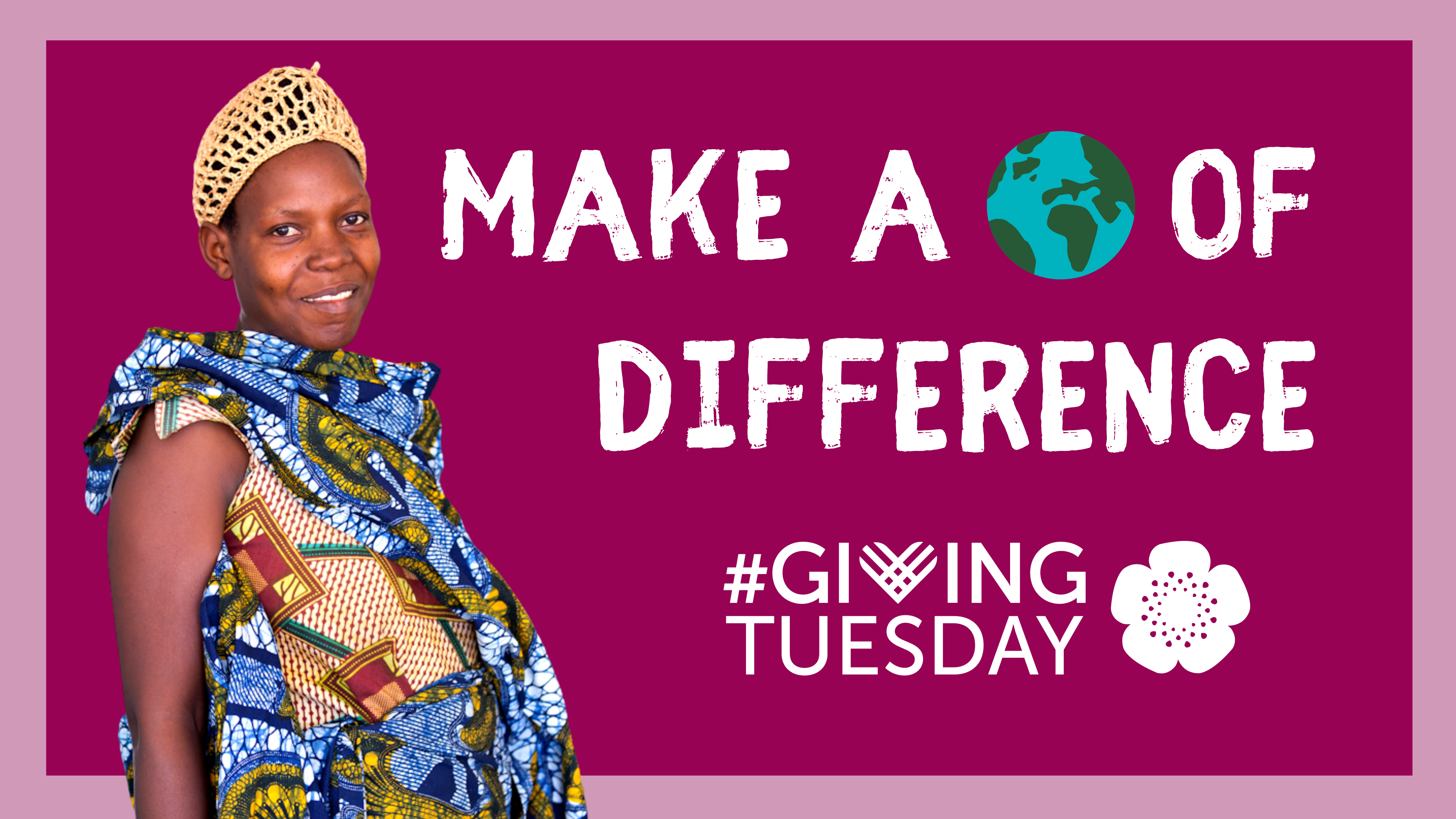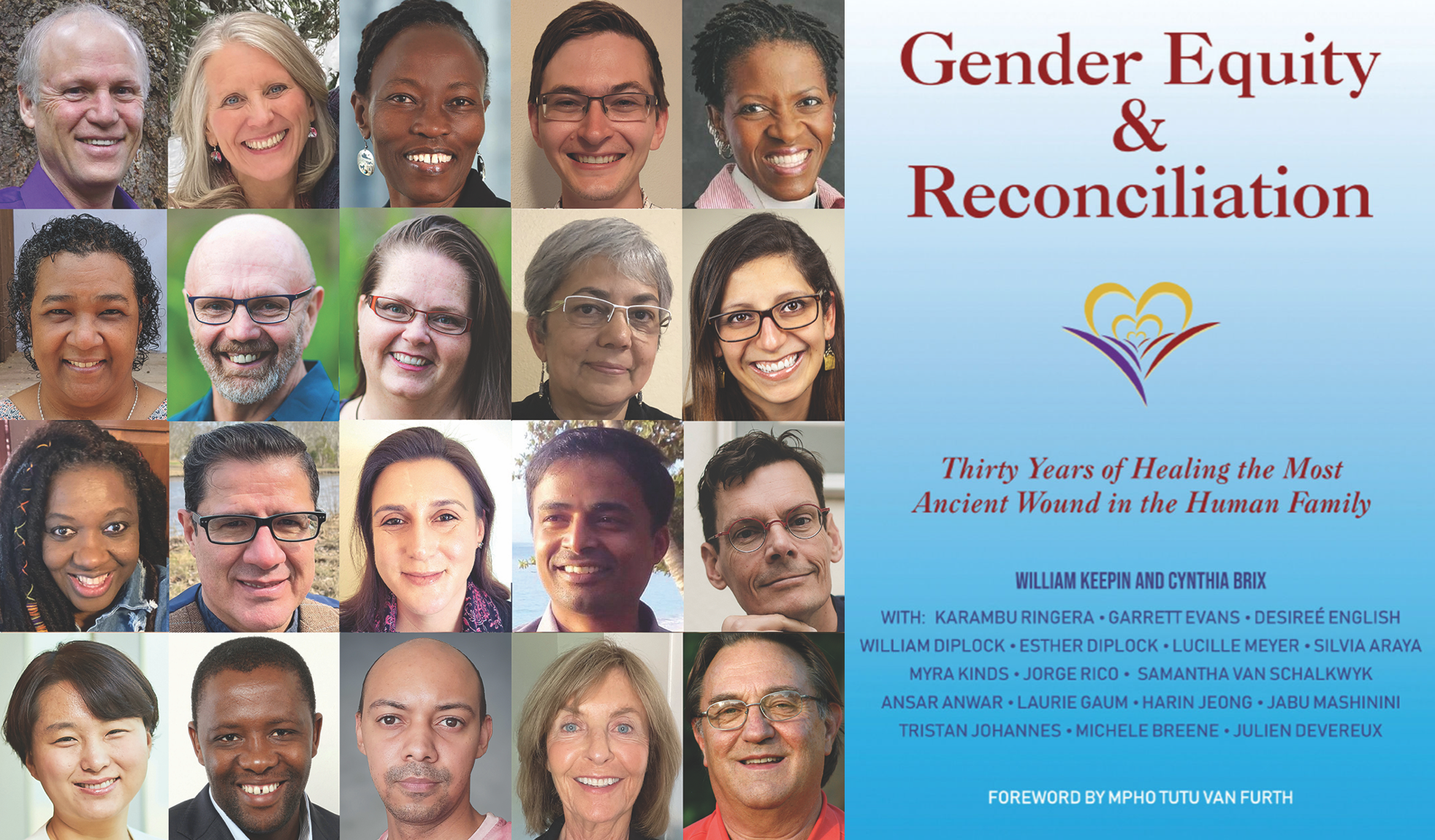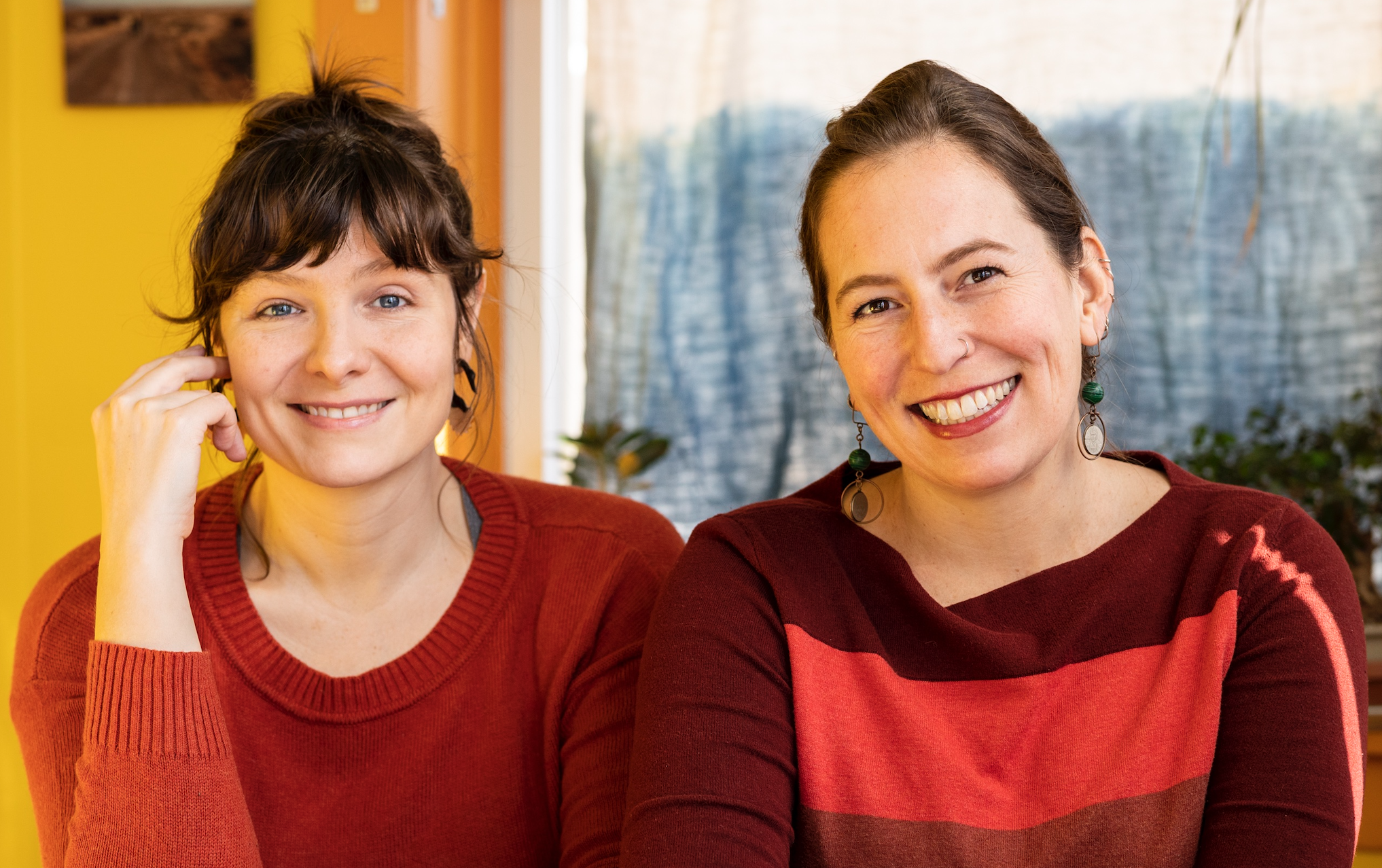Afghanistan is a country synonymous with turmoil, oppression and war. The majority of news stories we see coming out from the middle-eastern country aren’t always positive, and while those stories certainly aren’t fabrications of the current situation, they do fail to portray all sides of the country.
Afghan women face many barriers in the country, but there is an undercurrent of progression happening amongst all generations. Roughly a year ago the first female police chief was appointed in Afghanistan, Jamila Bayaz. Women such as rapper Paradise Sorouri are recognizing the power of creativity to force social change amongst the youth.
As the war winds down in the country despite continued strains, Afghani women are finding new ways to be liberated, and empower those around them. A non-profit called Mountain2Mountain is giving women a helping hand in a big way.
It was started by Colorado woman Shannon Galpin, 38, in 2006 to aid women in conflict zones. On her 11th trip to Afghanistan in 2012 where she went mountain biking through the Afghan countryside, she noticed something that she hadn’t before: she had never seen a woman riding a bike.
According to an article in the New York Times, a woman riding a bike in Afghanistan is considered “immoral“, and echoes the law in Saudi Arabia which bans women from driving (among other things). The reason Shannon wanted to use her non-profit to help the women in the country is because sports have often laid the foundation as a way toward women’s rights in places where they don’t exist, and a horrific experience of her own was the catalyst.
When she was 17, Shannon was raped and stabbed while walking home from a dance school in Minneapolis. She quit dancing, moved back to North Dakota where she grew up, but never actually spoke publicly about the rape until a TV interview in 2009.
“For years, I was petrified that I’d be defined as a victim,” she told NBC’s Dateline. “I didn’t realize that victimhood could also be a source of strength.”
After marrying a British man, giving birth to her daughter in 2004 and moving to Colorado with her family to be an athletic trainer, more tragedy struck. Her marriage fell apart, and her younger sister reported being raped in college. Shannon realized her story and her sister’s experience could not be buried any longer, and she founded Mountain2Mountain knowing that she had the power to help other women around the world.
“It sounds cliché, but I wanted to make the world a better place for my daughter,” she said.
The notion of staying silent despite an injustice that was committed to her is similar to what Afghani women go through today: they are forbidden to do many things out in the open, and if they do they are condemned by society as immoral. Despite the absence of women cycling in areas where Shannon rode, she soon found they do exists, and realized she had a great opportunity to give these women chances that were not permissible or even possible before.
Mountain2Mountain has built a heroin rehabilitation center for women and computer labs for girls’ schools in Kabul, among other projects.
“We believe in the power of voice as a catalyst for social action…using the mountain bike as a vehicle for social justice with survivors of gender violence to create a ripple of change through our communities,” says the website about their mission.
The presence of Mountain2Mountain has given women in Afghanistan a much-needed boost in the sporting arena.
Afghanistan has 45 licensed female cyclists among three categories: junior, under-23 and elite, according to the International Cycling Union, the world governing body of cycling, or U.C.I. Some of these riders participated in the Asian cycling championships, held in New Delhi last month, though four of them failed to finish.
“The fact that they were at the start line is a victory of sorts,” said Dominique Raymond, the manager of National Federations and Continental Confederations for the U.C.I. Galpin said that current attitudes toward female cyclists in Afghanistan are not so different from those in the United States in the late 1800s, prompting the Suffragettes to rally for women’s rights.
“Women were often deemed promiscuous if they rode bikes in the street,” she said.
You may recall the story of marathon runner Kathrine Switzer who famously ran the Boston marathon in 1967 despite women not being allowed to enter. She dared to go where women weren’t allowed, was almost physically pulled off the track by an official, but in the end ran the race and subsequently broke down many gender barriers for other women who run marathons around America today.
These now-iconic photos above of Kathrine are an important symbol of what women have had to face throughout history simply to be able to run alongside men in this world.
Shannon and her organization Mountain2Mountain, which is funded by private donations and her own money, are not done with their mission. They plan to continue to give women the platform they need to escape a life of injustice, and be given the chance to compete on the international sporting arena representing their country as a proud Afghani.
She is working with the women’s cycling team to prepare for the 2020 Olympics, and in the lead up have created a documentary called ‘Afghan Cycles’ to raise more awareness to what often goes on behind closed doors and away from the media.
What an inspiring story of courage, hope and perseverance despite personal experiences and social climates that could easily be an excuse to give up. We admire you Shannon, and we admire all the women around the world who are rising above their challenges to become beacons of hope for others.





















